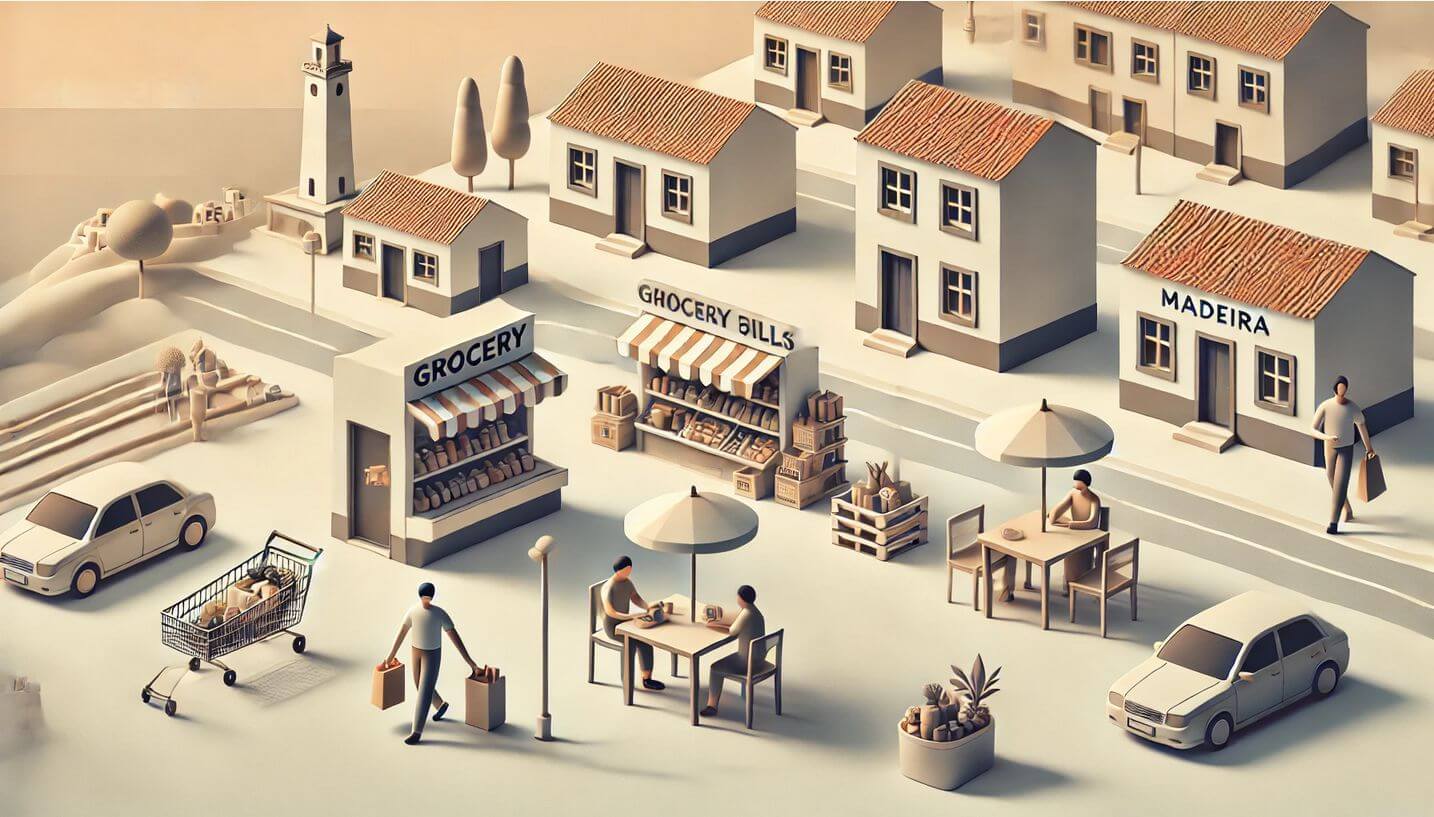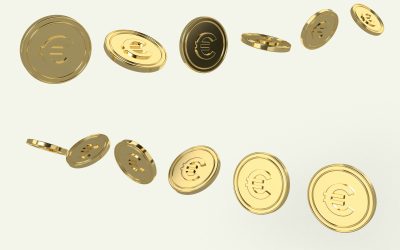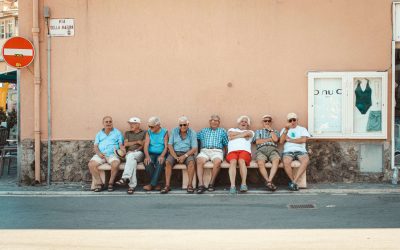The cost of living in Madeira, Portugal, has long been a captivating destination for expats and digital nomads, with a unique blend of natural beauty, rich culture, and an exceptional quality of life. In this comprehensive guide, we delve into the intricacies of understanding and budgeting for the living expenses in Madeira, providing invaluable insights to help you make an informed decision about this remarkable destination.
Cost of Living in Madeira, Portugal: A Comparative Analysis
Regarding the cost of living, Madeira stands out as a remarkably affordable option, especially compared to other Western European cities. The capital city of Funchal is cheaper than a staggering 95% of urban centres in this region. This statistic alone should pique the interest of anyone seeking a high-quality lifestyle without the burden of excessive costs.
To put this into perspective, let’s explore some critical comparisons. The estimated monthly expenses for a family of four in Funchal are approximately €2,689, while the same household in a typical Western European city would face a budget of around €4,500. For a single individual, the monthly costs in Madeira’s capital are estimated at €1,198, compared to the approximate €2,250 required in other parts of Western Europe. These stark contrasts highlight Madeira’s remarkable affordability, making it a compelling choice for those seeking to maximize their purchasing power.
Dissecting the Cost Factors in Madeira
Various factors influence the cost of living in Madeira, each playing a crucial role in shaping the overall financial landscape. Let’s delve into the primary cost components and understand how they contribute to the island’s affordability.
Housing Costs: Reasonable Accommodations
Housing costs in Madeira are generally reasonable, with a diverse range of options available to suit various budgets and preferences. The average rent for a one-bedroom apartment in the region hovers around €450 per month, a figure that is notably lower than the average in Lisbon, Portugal’s capital. Whether you opt for a furnished studio in an upscale area or a larger flat in a more standard neighbourhood, the island offers a variety of price points to accommodate your needs.
Grocery and Food Expenses: Exceptional Value
Grocery and food expenses in Madeira are another area where the cost of living shines. A primary lunchtime menu in the business district of Funchal averages around €9, a remarkable bargain considering the island’s picturesque setting. Even fast-food combo meals, a staple for many, can be had for approximately €5.84. Regarding essential food items, the prices are equally impressive, with a kilogram of tomatoes costing around €1.47 and a litre of whole milk priced at just €1.05.
Transportation Costs: Affordable Commuting
Navigating Madeira’s transportation network is also quite affordable. The cost of public transportation, such as pre-paid bus tickets, hovers around €1.35, and a one-day pass can be purchased for €4.50. For those who prefer the convenience of a personal vehicle, the average daily rental rate starts at approximately €18, making it a viable option for both short-term and long-term commuting needs.
Utilities and Leisure: Manageable Expenses
Utility costs, including electricity, water, and heating or cooling, contribute to Madeira’s affordability. Typical monthly utility bills for a furnished 85-square-meter apartment range from €67 to €86, depending on the location. The island offers various options for leisure and entertainment, from recreational activities to cultural events, which can be enjoyed without breaking the bank.
Comparing Madeira to Other Regions
When considering the cost of living in Madeira, it’s natural to draw comparisons to other regions within Portugal and beyond. Understanding these comparisons can provide valuable insights to help you determine the most suitable destination for your needs.
Madeira vs. Lisbon
Comparing Madeira’s cost of living to Lisbon, Portugal’s capital, reveals an interesting dynamic. According to data from Numbeo, the cost of living in Madeira is approximately 12% lower than in Lisbon. This means that you would need around €2,800 in Madeira to maintain the same standard of living that would require €3,228 in Lisbon. This advantage makes Madeira an attractive alternative for those seeking a more budget-friendly lifestyle without sacrificing the benefits of living in Portugal.
Salaries in Madeira: Comparable to Other Regions
Regarding average salaries in Madeira, the island’s compensation levels are generally on par with those of other regions in Portugal. While specific industries and occupations may offer varying wage levels, the overall salary landscape in Madeira is comparable to Lisbon and slightly higher than the Azores Islands. In contrast, the taxation on said salaries is marginally lower. This balance between the cost of living and earning potential makes Madeira an appealing destination for professionals and entrepreneurs.
Affordable and Expensive Areas in Madeira
Within the island of Madeira, distinct areas offer varying levels of affordability. Understanding these nuances can help you make an informed decision about where to establish your residence.
Affordable Areas: Machico and Northern Coast
For those seeking the most budget-friendly options, the northern coast stands out as the most affordable region in Madeira. These areas offer a lower cost of living, including housing, groceries, utilities, and transportation. Expats and digital nomads looking to maximize their savings while enjoying the island’s natural beauty and amenities often gravitate towards these more economical locations.
Expensive Areas: Funchal and Calheta, Ponta do Sol
On the other end of the spectrum, Funchal, Ponta do Sol, Câmara de Lobos and Calheta are Madeira’s most expensive areas. As the capital city, Funchal commands higher prices for housing, goods, and services. However, it’s important to note that even Funchal’s cost of living is significantly lower than in 95% of Western European cities, making it a relatively affordable option compared to other international destinations.
Budgeting for a Life in Madeira
Crafting a comprehensive budget is crucial when considering a move to Madeira. By carefully accounting for the various cost components, you can ensure a smooth transition and a fulfilling life on the island.
Housing Costs: Balancing Affordability and Preferences
Housing costs in Madeira can vary depending on the property’s location, size, and amenities. Whether you opt for a furnished studio in an upscale area or a larger apartment in a more standard neighbourhood, the average monthly rent in the capital typically ranges from €1500 to €4500, excluding utility expenses.
Grocery and Dining Expenses: Maximizing Value
When it comes to grocery and dining expenses, Madeira offers exceptional value. A primary lunchtime menu in the business district can be enjoyed for around €9, while a fast-food combo meal costs approximately €5.84. The prices are meagre for essential food items, such as a kilogram of tomatoes or a litre of milk, allowing you to stretch your budget further.
Transportation Costs: Affordable Commuting Options
Navigating Madeira’s transportation network is relatively inexpensive, with pre-paid bus tickets costing around €1.35 and one-day passes for €4.50. For those who prefer the convenience of a personal vehicle, the average daily rental rate starts at approximately €18, making it a viable option for both short-term and long-term mobility needs.
Utilities and Leisure: Manageable Expenses
Utility costs, including electricity, water, and heating or cooling, typically range from €67 to €86 per month for a furnished 85-square-meter apartment, depending on the location. Regarding leisure and entertainment, Madeira offers various activities and cultural events, all of which can be enjoyed without significantly impacting your budget.
Madeira: A Cost-Effective Haven for Expats and Digital Nomads
The cost of living in Madeira, Portugal, combined with the island’s unparalleled natural beauty, rich cultural heritage, and high quality of life, make it an increasingly attractive destination for expats and digital nomads seeking a harmonious balance between affordability and lifestyle.
Whether you’re drawn to the island’s stunning landscapes, vibrant social scene, or thriving entrepreneurial ecosystem, Madeira presents a compelling opportunity to enjoy a fulfilling life without the burden of high costs. With housing, groceries, transportation, and leisure expenses all remarkably affordable compared to the Portuguese mainland urban centres, the island offers a rare chance to maximize purchasing power and live a life of comfort and adventure.
As you explore the possibilities of calling Madeira home, remember that the cost of living is just one piece of the puzzle. The island’s exceptional safety, clean air quality, and welcoming community contribute to an unparalleled quality of life that is difficult to replicate elsewhere. By carefully considering the financial implications and the overall lifestyle benefits, you can make an informed decision that aligns with your personal and professional aspirations.
Conclusion
The cost of living in Madeira, Portugal, emerges as a standout feature, making it a haven for expats and digital nomads seeking a high-quality lifestyle without the burden of excessive expenses. From affordable housing and grocery options to manageable utility and transportation costs, the island presents a remarkable value proposition that is difficult to match in many other Western European destinations.
As you call Madeira home, take solace in knowing that your hard-earned resources can stretch further, allowing you to enjoy the island’s natural wonders, cultural richness, and vibrant community without financial constraints. With a comprehensive understanding of the cost factors and the ability to make informed budgeting decisions, you can confidently embark on your Madeiran adventure, embracing the island’s exceptional affordability and unparalleled quality of life.
The founding of Madeira Corporate Services dates back to 1996. MCS started as a corporate service provider in the Madeira International Business Center and rapidly became a leading management company… Read more




